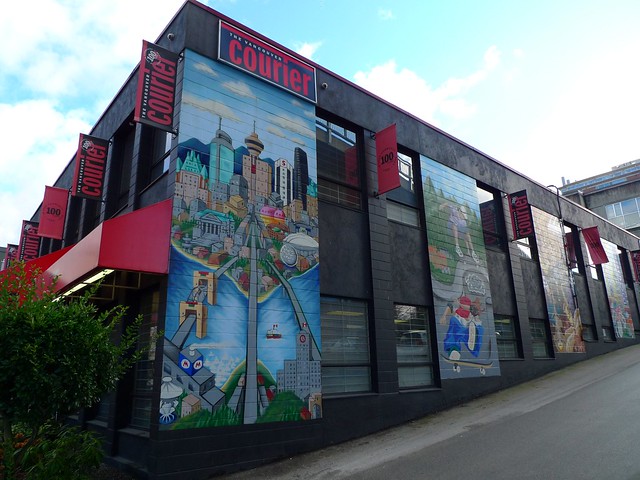The City’s developer task force released another interim report today — a follow-up to the previous very preliminary interim report (see The Mainlander‘s analysis here).
Although the latest proposal and its ideas remain in draft form, the document contains a couple of substantial policy proposals, including a municipal Housing Authority and a Land Bank. These are two very good ideas, but the question remains: will the proposals actually be implemented? If so, will it be at a scale capable of meeting the demand for real affordable housing? Will it be done in a way that benefits residents and communities instead of private developers?
The Housing Authority proposal is a good idea, but not a new idea. For example, the City of Vancouver Public Housing Corporation has existed since the 1980s. But it has been so inactive that it owns only a dozen buildings, most of them in the Downtown Eastside. For this reason, The Mainlander has been consistently arguing in favour of a reactivated and robust Housing Authority. During the 2011 civic election campaign, Vision and the NPA did not endorse a Housing Authority. COPE was the only party to do so.
It is surely a step in the right direction to start talking about what a reactivated Housing Authority will look like. The trick is to make it powerful enough to make a real difference. For that to happen, the devil is in the details. And today’s interim report is weak on details. It floats the idea of a hypothetical “City-owned entity, such as a Housing Authority, [which] could enable the City to deliver on its objectives for social and affordable rental housing.”




